Naira scarcity makes Nigerians easy prey for vote vendors – ICG
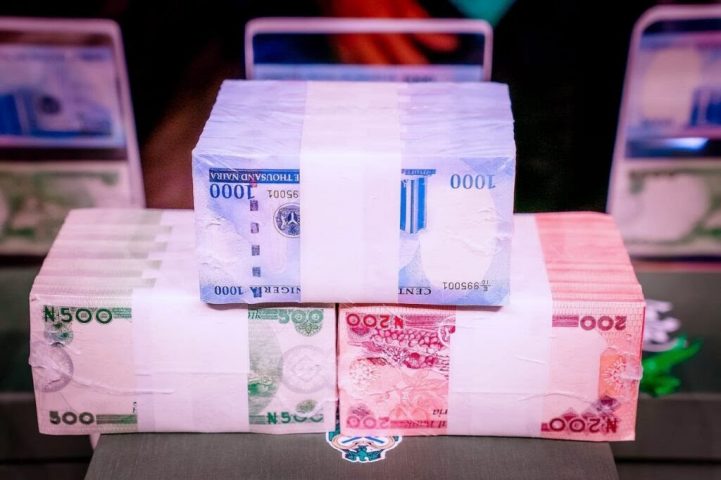
A non-state actor, International Crisis Group (ICG), has warned that the current naira crisis plaguing Nigeria is capable of making the electorate susceptible to vote buying in the 2023 elections which begin on February 25.
The group made the assertion in its report entitled ‘Mitigating risks of violence in Nigeria’s 2023 elections’ published yesterday (Friday).
The report came amidst the harrowing experience Nigerians have been subjected to for almost three weeks as they are unable to access cash either from the banking halls, automated teller machines or point of sale outlets.
Consequently, there have been reported cases of vandalisation of banks and harassment of bank officials in various parts of the country.
The group which highlighted the threats to the 2023 polls also stated that the lingering fuel scarcity may disrupt the distribution of election materials and hinder many voters from travelling to their polling units.
“Two further problems for the elections are the shortages of motor vehicle fuel in most parts of the country since late 2022 and the scarcity of cash following the federal government’s introduction of redesigned banknotes in December.
“If unresolved before the polls, fuel shortages could hamper INEC logistics and disenfranchise the many voters who need to travel to polling stations.
“The paucity of currency has already created significant hardship, which could make a greater number of voters vulnerable to vote-buying and ratchet up election tensions even further,” it said.
The report also stated that widespread insecurity across the country could mar the conduct of the polls.
It said insecurity could disrupt preparations of the electoral commission, limit campaigns, and disenfranchise the displaced, and low voter turnout.
“In the north-east, two jihadist groups – Boko Haram and ISWAP, which threatened elections in 2015 and 2019 – remain active,” the crisis group said.
“The government’s counter-insurgency operations and internal rivalries have weakened both groups significantly, and more than 83,000 members and their families surrendered to the army between mid-2021 and late 2022.
“But the groups continue to pose a threat, especially in the eastern parts of Borno state – around Lake Chad and the Sambisa forest.
“Other parts of the northeast, especially in Adamawa and Taraba states, are also unsafe due to communal conflicts between predominantly Fulani herders and other ethnic groups.
“In the north-west and parts of the north-central zone, various armed groups have rendered many areas insecure.
“In the south-east, a zone that was generally safe in 2015 and 2019, security has deteriorated significantly, particularly in Anambra and Imo states.
“Starting in early 2021, armed groups have killed dozens of security personnel and razed many police stations, court buildings and jail houses, as well as INEC offices.
“Parts of the south-south zone are also insecure. The region is somewhat more stable since the Movement for the Emancipation of the Niger Delta insurgency ended in 2009 and the Niger Delta Avengers likewise stopped attacking petroleum industry facilities in 2016.
“Yet many areas still experience violence due to the activities of various armed gangs and cults (criminal confraternities) that have proliferated over the past decade.
“In the south-west, though to a lesser degree, cults similarly imperil the polls. Armed groups, such as these cult groups – along with ex-militants – in the Niger Delta and Lagos, may intimidate voters or otherwise disrupt the proceeding,” ICG stated.
Newsgazett


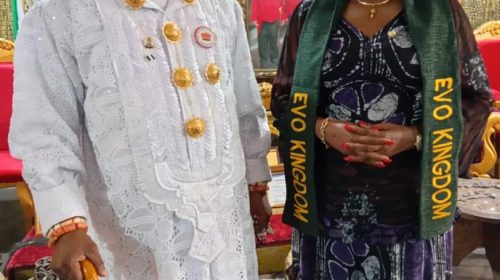
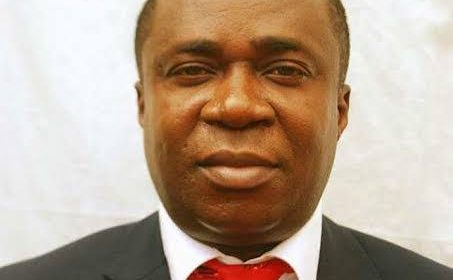
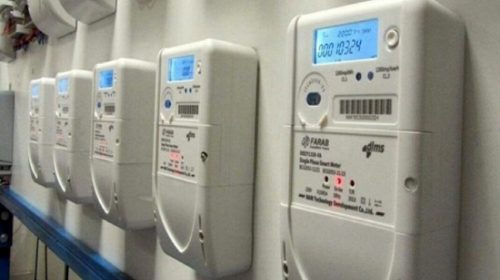
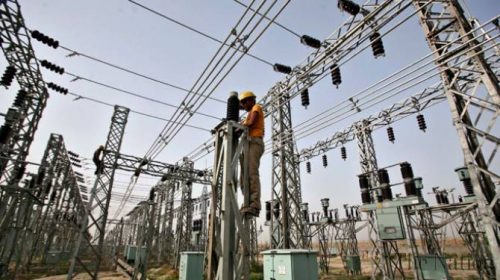

Leave a Reply